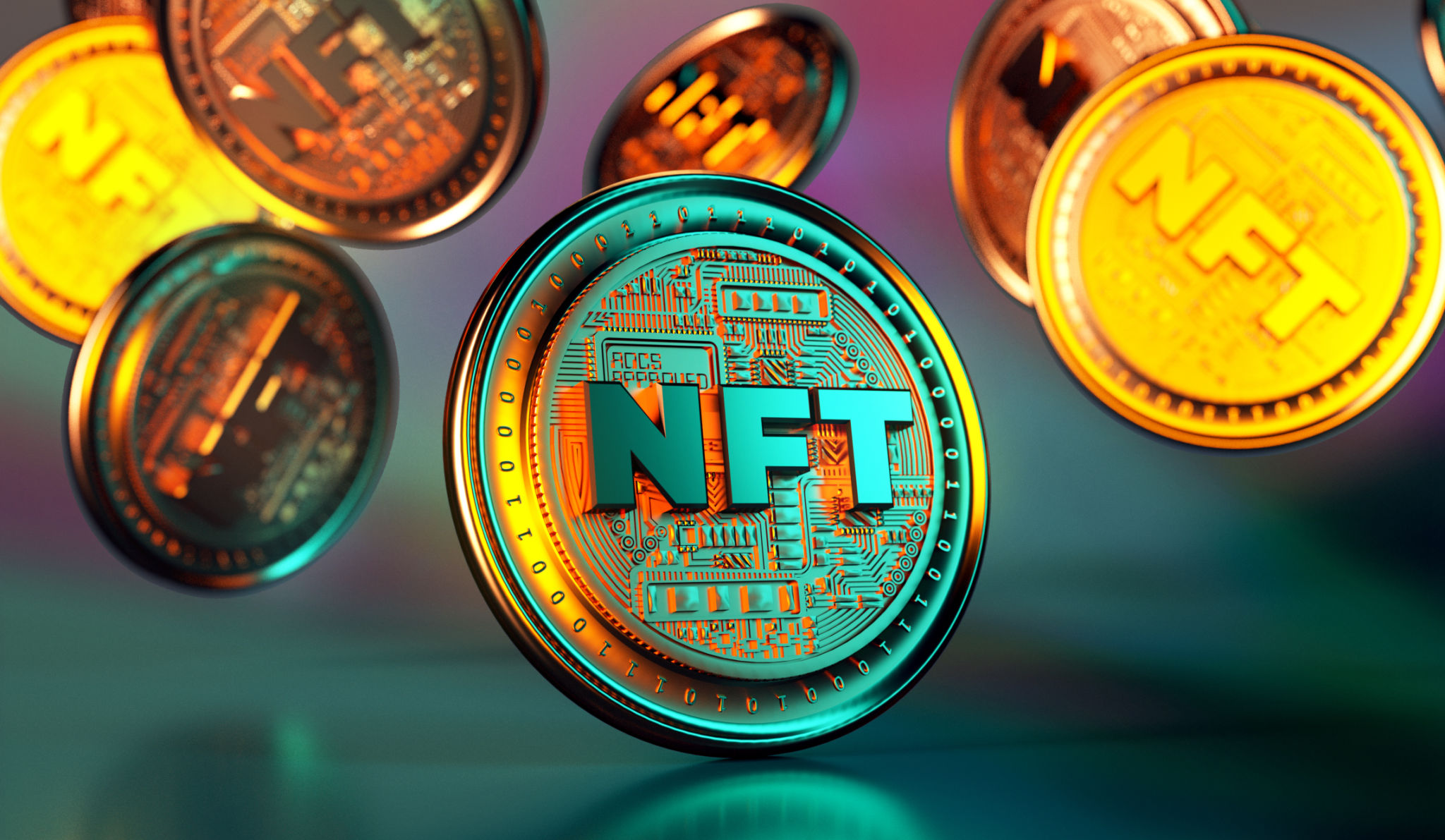The Role of Web3 in Chinese Marketing Strategies
Understanding Web3 and Its Impact on Marketing
Web3, also known as the decentralized web, represents a paradigm shift in how the internet operates, moving away from centralized control to a more distributed and user-centric model. This new iteration of the internet leverages blockchain technology, smart contracts, and decentralized applications (DApps) to create a more secure and transparent digital environment. In China, where digital innovation is a key focus, the integration of Web3 into marketing strategies is beginning to gain traction.
For marketers, Web3 offers unique opportunities to enhance consumer trust and engagement. By utilizing blockchain, companies can ensure data privacy and integrity, giving consumers more control over their personal information. This shift could be particularly beneficial in China, where data privacy concerns are prominent among internet users.

Leveraging Blockchain for Consumer Engagement
Blockchain technology provides a new avenue for brands to engage with consumers through token-based incentives. In China, this could manifest in the form of loyalty programs that leverage cryptocurrency or tokens to reward customer interaction. Such programs not only encourage brand loyalty but also provide consumers with tangible value.
Moreover, tokenization allows brands to create unique digital assets that can be traded or collected. These assets, often in the form of non-fungible tokens (NFTs), can be used in marketing campaigns to create buzz and drive user engagement. Chinese brands are already exploring NFTs as a way to connect with tech-savvy consumers who are eager for exclusive digital experiences.

Decentralized Social Media and Content Creation
Decentralized social media platforms, powered by Web3 technologies, offer a fresh approach to content creation and distribution. In China, where traditional social media platforms are heavily regulated, decentralized platforms provide an alternative that promotes freedom of expression and user ownership of content.
For marketers, these platforms open up new channels for reaching audiences. By participating in decentralized networks, brands can tap into communities that value transparency and authenticity. Additionally, content creators can monetize their work directly through blockchain-based payment systems, creating new opportunities for collaboration between brands and influencers.

Navigating Regulatory Challenges
While Web3 presents exciting opportunities for marketing in China, it also comes with regulatory challenges. The Chinese government has been cautious about blockchain and cryptocurrency technologies, implementing strict regulations to mitigate potential risks. Consequently, marketers must navigate this complex landscape carefully to ensure compliance while leveraging the benefits of Web3.
Understanding the regulatory environment is crucial for businesses looking to integrate Web3 elements into their marketing strategies. Companies must stay informed about changes in legislation and work closely with legal experts to ensure that their activities align with government policies.
The Future of Web3 in Chinese Marketing
As Web3 continues to evolve, its role in Chinese marketing strategies is likely to expand. The integration of decentralized technologies will empower consumers and create new opportunities for brands to establish meaningful connections with their audiences. By embracing Web3, Chinese businesses can position themselves at the forefront of digital innovation and drive growth in a rapidly changing market.
In conclusion, while challenges remain, the potential benefits of Web3 in Chinese marketing strategies are significant. As technology advances and consumer expectations evolve, marketers must adapt to these changes and explore new ways to engage with their audiences through decentralized platforms.

